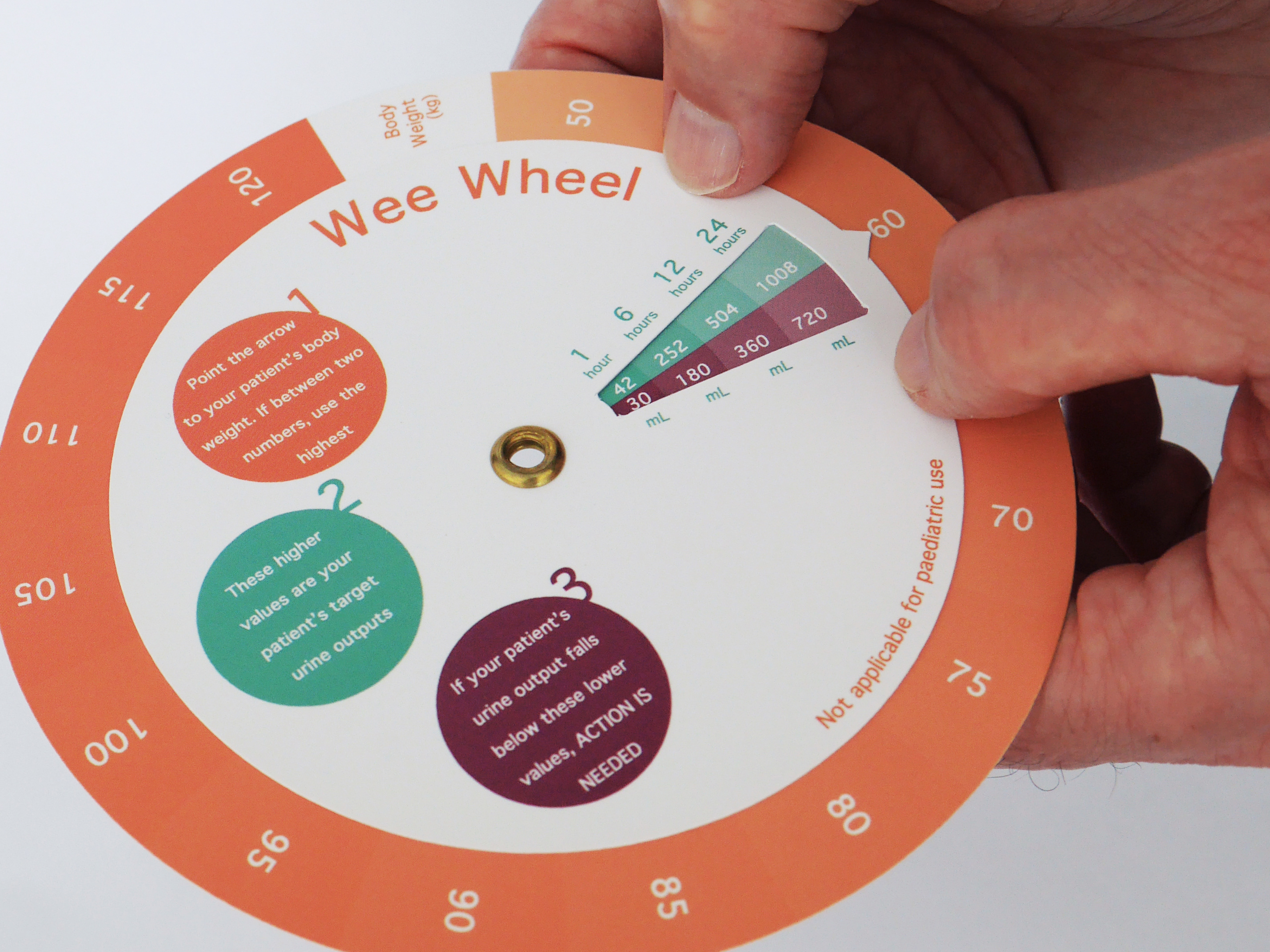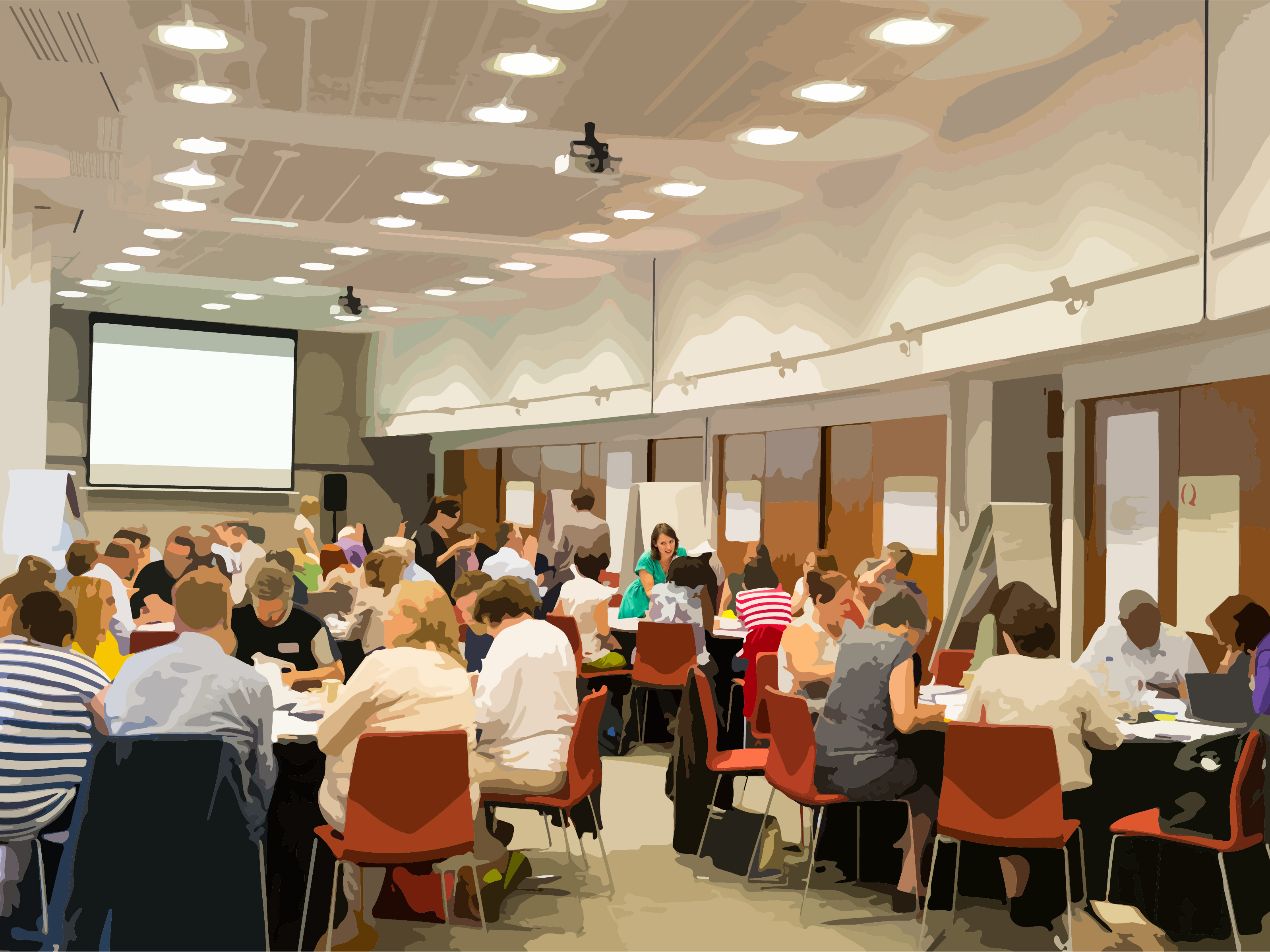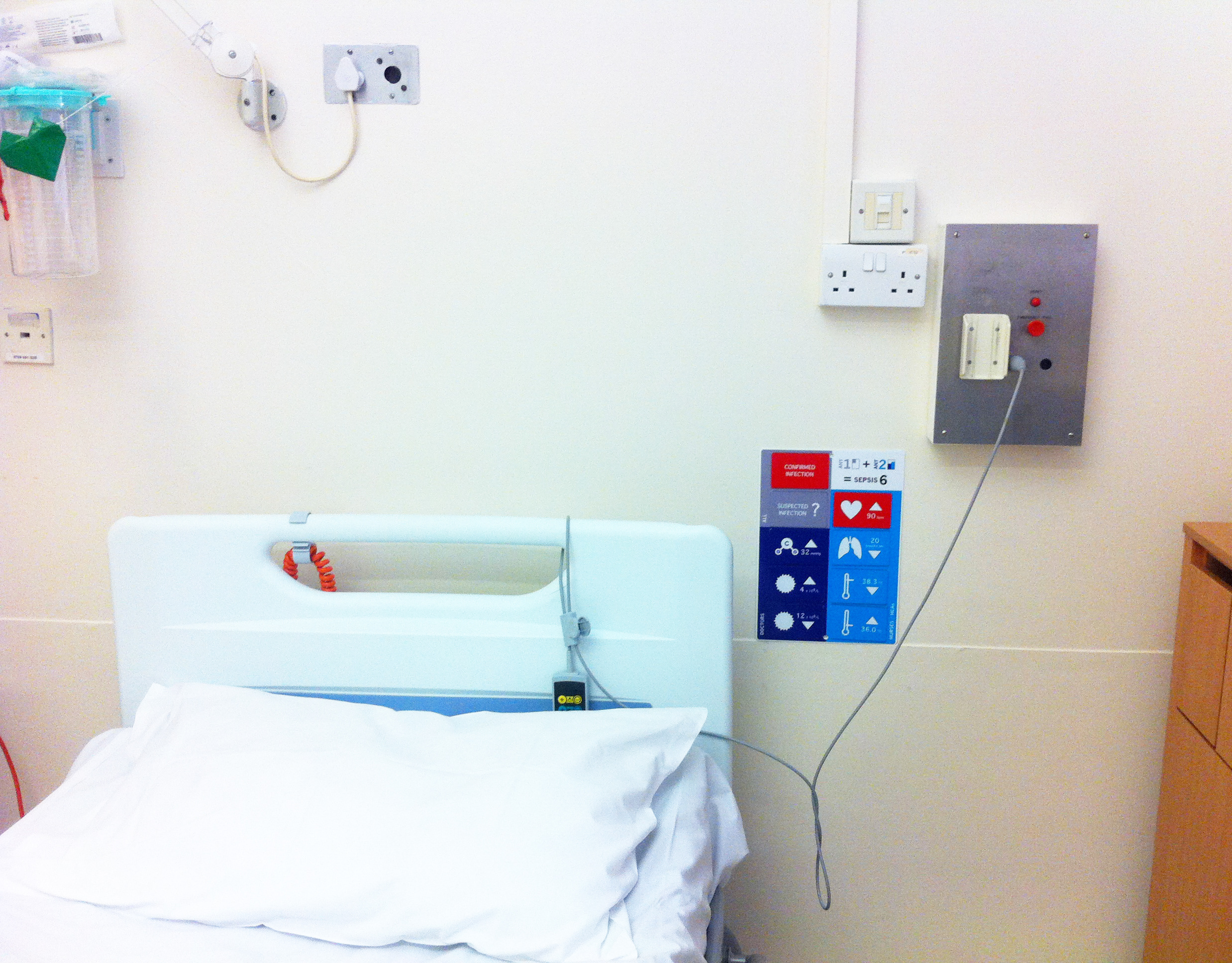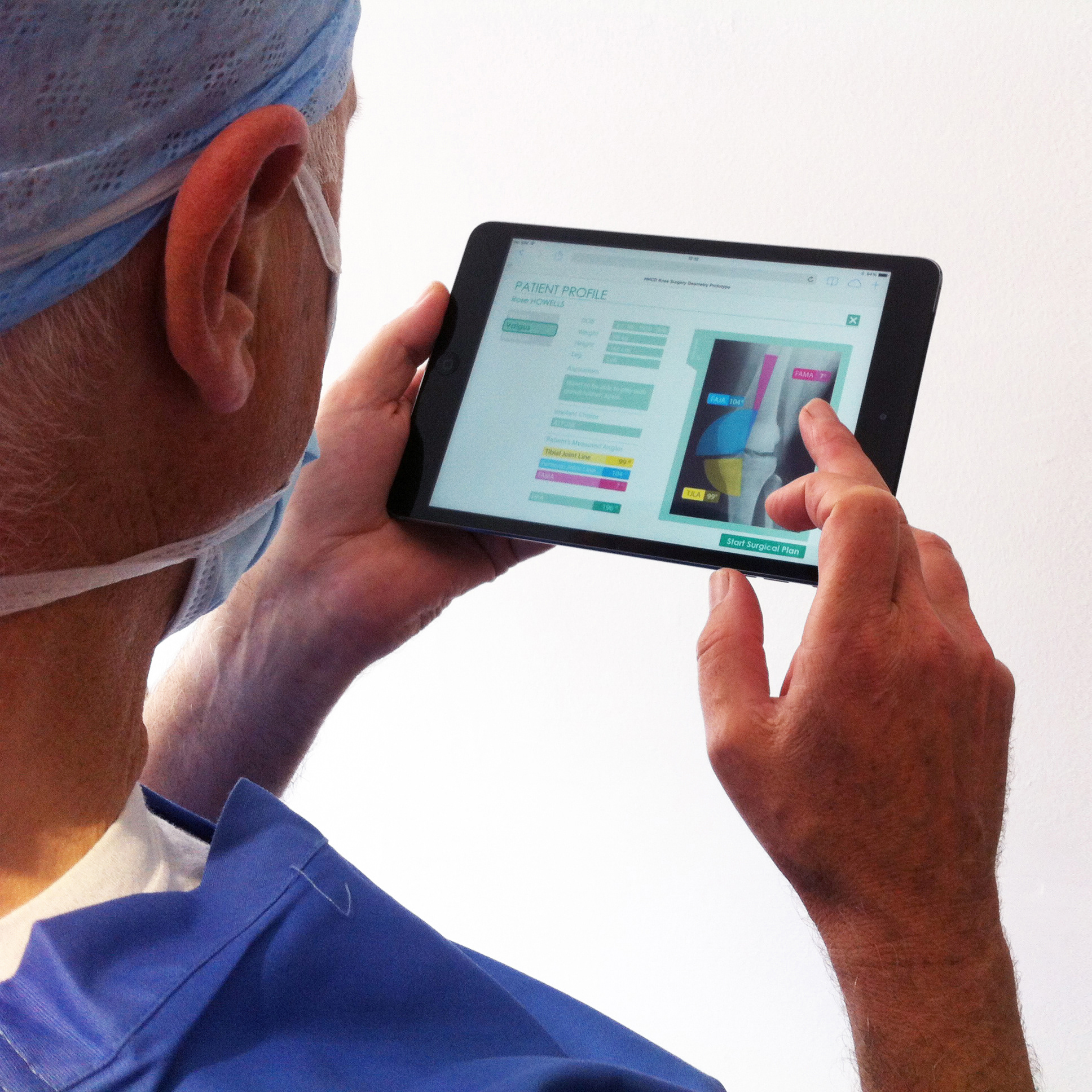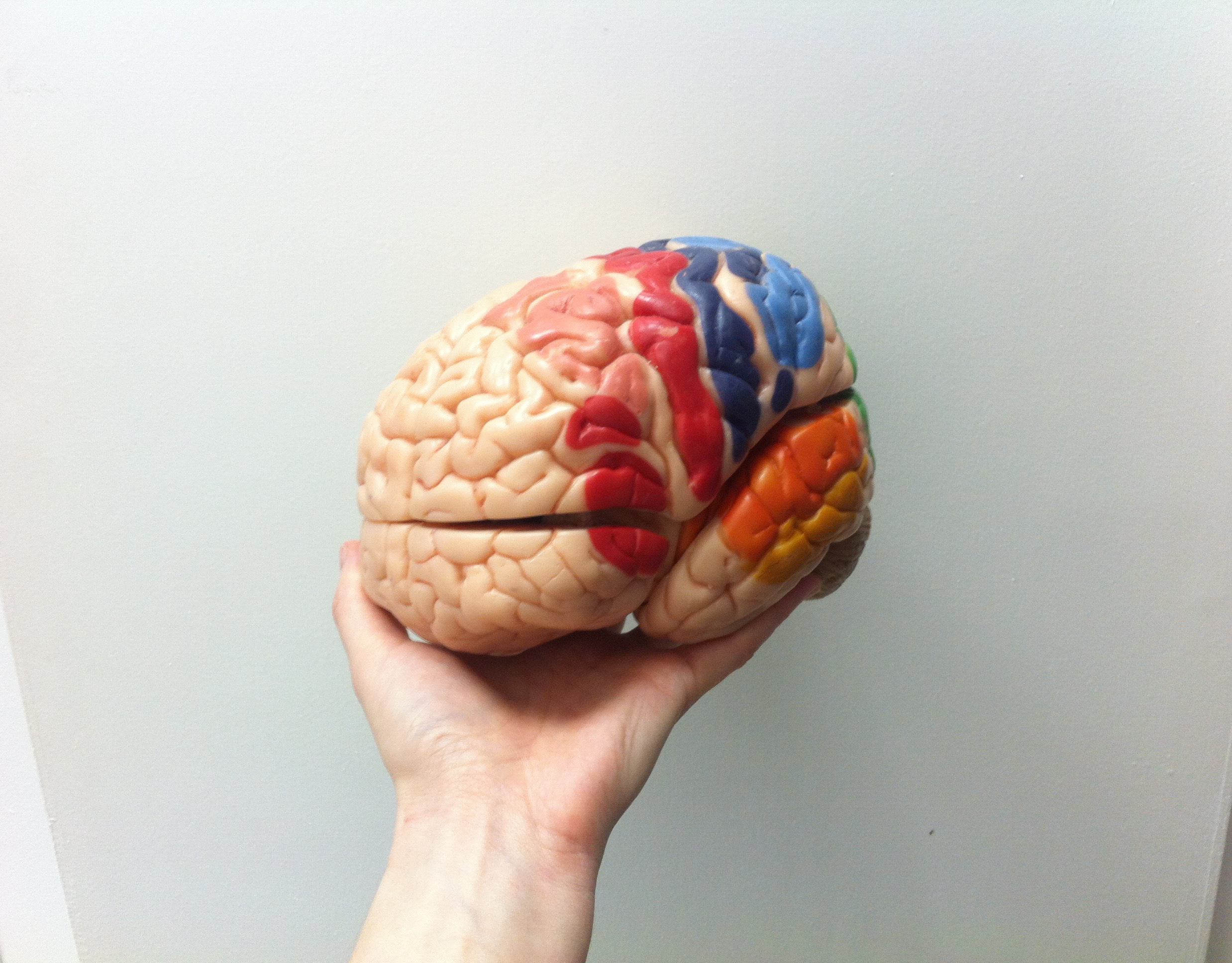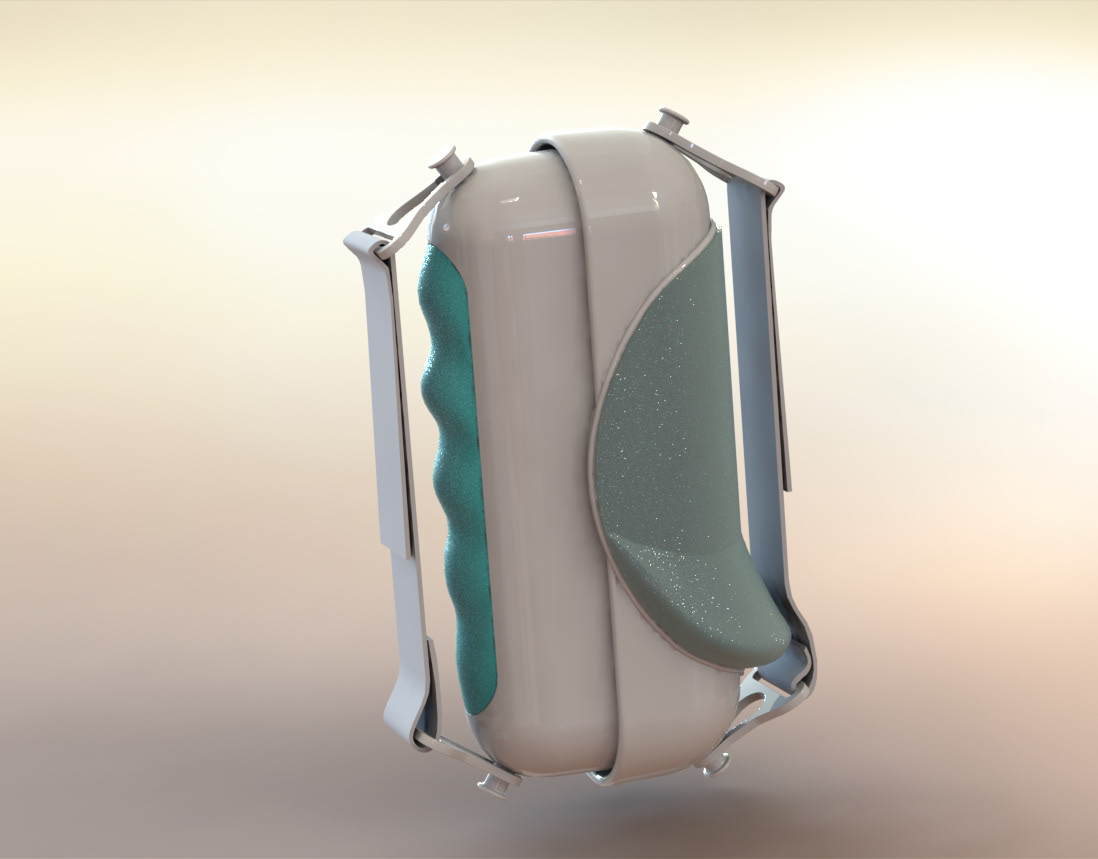Ergonomic product development using anthropometric data and expert input to design, prototype and test grips for people with impaired hand strength following a stroke.
___
The Human Robotics Group at Imperial College London had developed a sensitive technology that they incorporated into a hand-held computer game controller that could be used by people who had limited grip strength after suffering a stroke. They needed a more ergonomically designed controller that was suited to the people that would be using it - from the individual that had suffered a stroke, to the medical professional that would be aiding their rehabilitation. Following on from the stroke rehabilitation research I had previously conducted, I designed and prototyped various forms and tested these with people on stroke, hyper acute stroke and neuro-rehabilitation units at Charing Cross Hospital, London.
Several rounds of prototyping and iterating were conducted. Prototypes were tested with individuals who had only 'flicker' movements in their fingertips, through to others who could manipulate traditional rehabilitation tools such as therapeutic putty. Family members, occupational therapists, physiotherapists and medical professionals also inputted into the design development and feedback. This information was later used to further develop the game controller and its integration into existing therapy scenarios in hospitals.
The project was a collaboration between the Human Robotics Group at Imperial College London and the Helen Hamlyn Centre for Design at the Royal College of Art. More information about GripAble can be found here.
